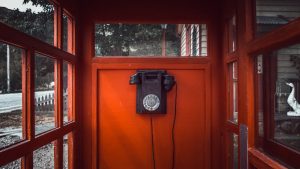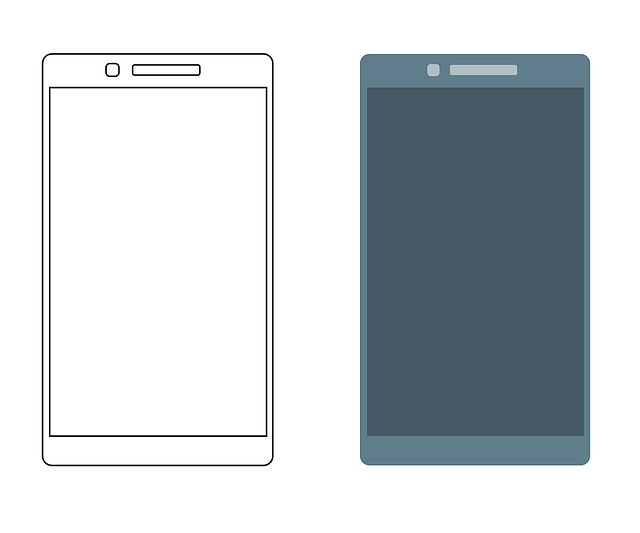In North Carolina, both federal (TCPA) and state (UDPA) laws protect consumers from unwanted calls, especially those from law firms. These regulations prohibit automated or prerecorded calls without explicit consent, with penalties for non-compliance. Consumers can take action against violators, while law firms must confirm identity and have legitimate reasons to call, such as existing legal matters or public record information. Staying informed and documenting unauthorized calls can help protect consumer rights under these laws targeting unwanted phone solicitations from law firms in NC.
Unwanted calls from law firms can be a common nuisance, but understanding the legal boundaries around these contacts is crucial. North Carolina’s regulations, part of broader consumer protection laws, spell out who can legally reach out to you by phone. This article demystifies these rules, clarifying when law firms qualify as legitimate contacts and how to distinguish their calls from fraudulent attempts. Learn your rights and take action if you suspect unwanted calls from law firms in NC.
Understanding Unwanted Calls and Consumer Protection Laws
Many consumers are unaware that they have rights when it comes to unwanted calls, particularly from law firms in North Carolina. The Telephone Consumer Protection Act (TCPA) and state-specific regulations aim to protect individuals from unsolicited phone marketing and harassment. These laws prohibit law firms from making automated or prerecorded calls to consumers without prior explicit consent, often targeting people with pre-approved lists or those who have previously engaged with their services.
In North Carolina, the Unfair and Deceptive Practices Act (UDPA) further reinforces consumer protection by limiting how businesses, including law firms, can contact potential clients. Understanding these laws is crucial for both consumers and legal professionals to ensure compliance and avoid penalties. Consumers can take action against law firms that violate their rights, seeking compensation for unwanted calls through legal channels, especially when such calls are frequent or harassing in nature.
Who Qualifies as a Law Firm Under NC's Regulations?
In North Carolina, the regulations surrounding unwanted calls, particularly from law firms, are designed to protect consumers from intrusive and harassing phone communications. To understand who qualifies as a “law firm” under these regulations, it’s essential to grasp that not all legal entities are subject to the same restrictions. While many associate law firms with large, bustling offices and high-profile cases, in North Carolina, the definition is broader. Any business or individual offering legal services, including small practices, solopriers, and even virtual law offices, can fall under this category if they make phone calls for solicitation purposes.
The key qualifier is not the size or structure of the firm but their engagement in commercial activities aimed at attracting clients. This means that a law firm, for the sake of NC’s unwanted call laws, could be as small as one attorney working independently or a group of lawyers with a shared office space. For consumers dealing with unwanted calls from what they perceive as large law firms, it’s important to remember that these regulations apply equally to smaller legal entities, underscoring the need for clarity and understanding in navigating phone solicitation laws.
Identifying Legitimate Contact vs. Fraudulent Attempts
Many consumers are unaware that there are strict regulations in place to protect them from unwanted phone calls, particularly those from call centers or law firms. Understanding the difference between legitimate contact and fraudulent attempts is crucial in navigating these laws, such as the NC (No Call) lists implemented by various states, including North Carolina.
When you receive a phone call from an unknown number, it’s essential to be vigilant. Legitimate law firms will often provide their contact information upfront and may leave voicemails or send texts to confirm their identity. They typically won’t threaten immediate legal action or demand immediate payment over the phone. In contrast, fraudulent calls might come from unscrupulous organizations trying to trick you into providing personal information or paying for services you didn’t request. These callers often use scare tactics, pressing deadlines, and false promises of help to create a sense of urgency. Staying informed about your rights and being cautious when answering unknown numbers can help protect you from these fraudulent attempts.
When Can Law Firms Legally Reach Out to You by Phone?
Many people, especially in North Carolina, often wonder about their rights when it comes to unsolicited phone calls from law firms. It’s important to clarify that while there are regulations in place to protect consumers from unwanted calls, law firms have specific legal grounds to reach out to individuals by phone.
In the US, including North Carolina, law firms can legally contact you by phone if they believe they have a legitimate interest or reason to do so. This could be in connection with an ongoing or potential legal matter, such as representing a client who may be related to your case, or if they have obtained your number through public records or legitimate marketing channels. However, these calls should still adhere to the Telephone Consumer Protection Act (TCPA), which restricts certain practices and provides consumers with opt-out rights. Unwanted calls from law firms, particularly those using automated or prerecorded messages, are a common concern, but understanding the legal context can help individuals make informed decisions regarding their communication preferences.
Your Rights: What to Do If You Suspect Unwanted Calls from Law Firms
If you’re receiving unwanted calls from law firms in North Carolina, know that there are legal protections in place to safeguard your privacy. The Telephone Consumer Protection Act (TCPA) prohibits telemarketers and law firms from making unsolicited phone calls to consumers using automated dialing systems or prerecorded messages without prior express consent.
If you suspect these unauthorized calls, document the date, time, and content of each call. Save any voice messages or texts for reference. You can then file a complaint with the Federal Trade Commission (FTC) online or through their Consumer Complaint Assistant. Additionally, North Carolina’s Attorney General’s Office offers guidance on consumer rights and can provide assistance if you believe your rights have been violated by a law firm’s unwanted calls.






